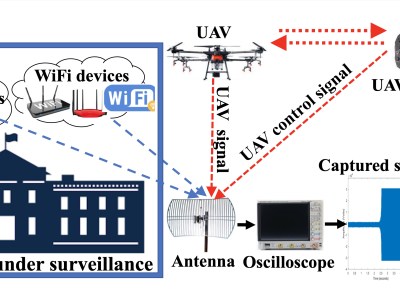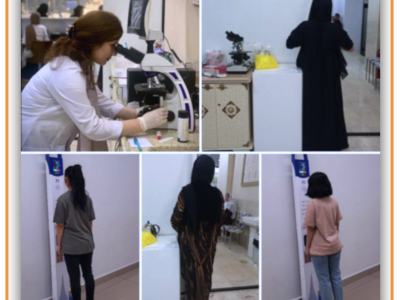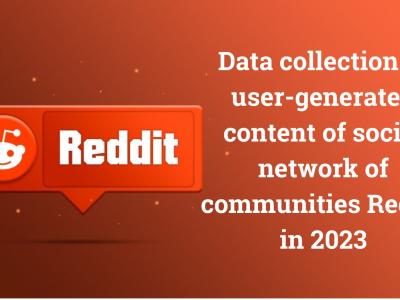student_alumniDataset

- Citation Author(s):
-
APURBA NANDISANDIP MANDALARIJEET GHOSHAVIK KUMAR DAS
- Submitted by:
- Apurba Nandi
- Last updated:
- DOI:
- 10.21227/97v2-6w15
 86 views
86 views
- Categories:
- Keywords:
Abstract
Building meaningful connections between students and alumni is critical for enhancing students’ professional growth, career advice, and networking. Despite these benefits, traditional platforms often lack personalization and scalability, limiting their ability to meet diverse student needs. This paper presents an AI-driven approach to revolutionize student-alumni interactions wih career guidance by leveraging advanced recommendation systems. Using pre-trained SentenceTransformer models, we transform textual skill data into embeddings, enabling precise matches between students, alumni, and job opportunities based on cosine similarity. A multi-agent reinforcement learning (MARL) framework further personalizes recommendations, dynamically adapting to students' evolving profiles and career goals. Unlike static systems, our model continuously learns from feedback, refining mentorship and job connections for greater relevance. Additionally, the system addresses inclusivity by identifying mentors with shared experiences, ensuring equitable access to professional guidance. The proposed solution is scalable and integrates seamlessly with existing university platforms. Experimental results highlight the framework’s effectiveness in creating meaningful, personalized, and adaptive student-alumni relationships. This work underscores the potential of AI to foster long-term engagement, improve career outcomes, and strengthen the educational ecosystem.
Instructions:
This dataset contains information about students, including their names, academic departments, and associated skills, enabling a comprehensive view of skill distribution across disciplines. It consists of three columns: student_name (student's name), department (the academic department they belong to, such as IT, CSE, Mechanical, etc.), and skills (a comma-separated list of technical or professional skills, e.g., Python, Machine Learning, MATLAB). The dataset provides 50 entries covering diverse fields, making it suitable for educational analytics, skill-based recommendation systems, and career counseling research. It can be used to analyze skill trends, identify department-wise expertise, or build intelligent systems for mentorship and job matching. This resource is ideal for developing AI-driven recommendation engines or exploring the alignment of skills with academic departments. The dataset is structured in a tabular format (CSV), and detailed usage instructions are provided to facilitate integration into machine learning models and analytical workflows.










spr